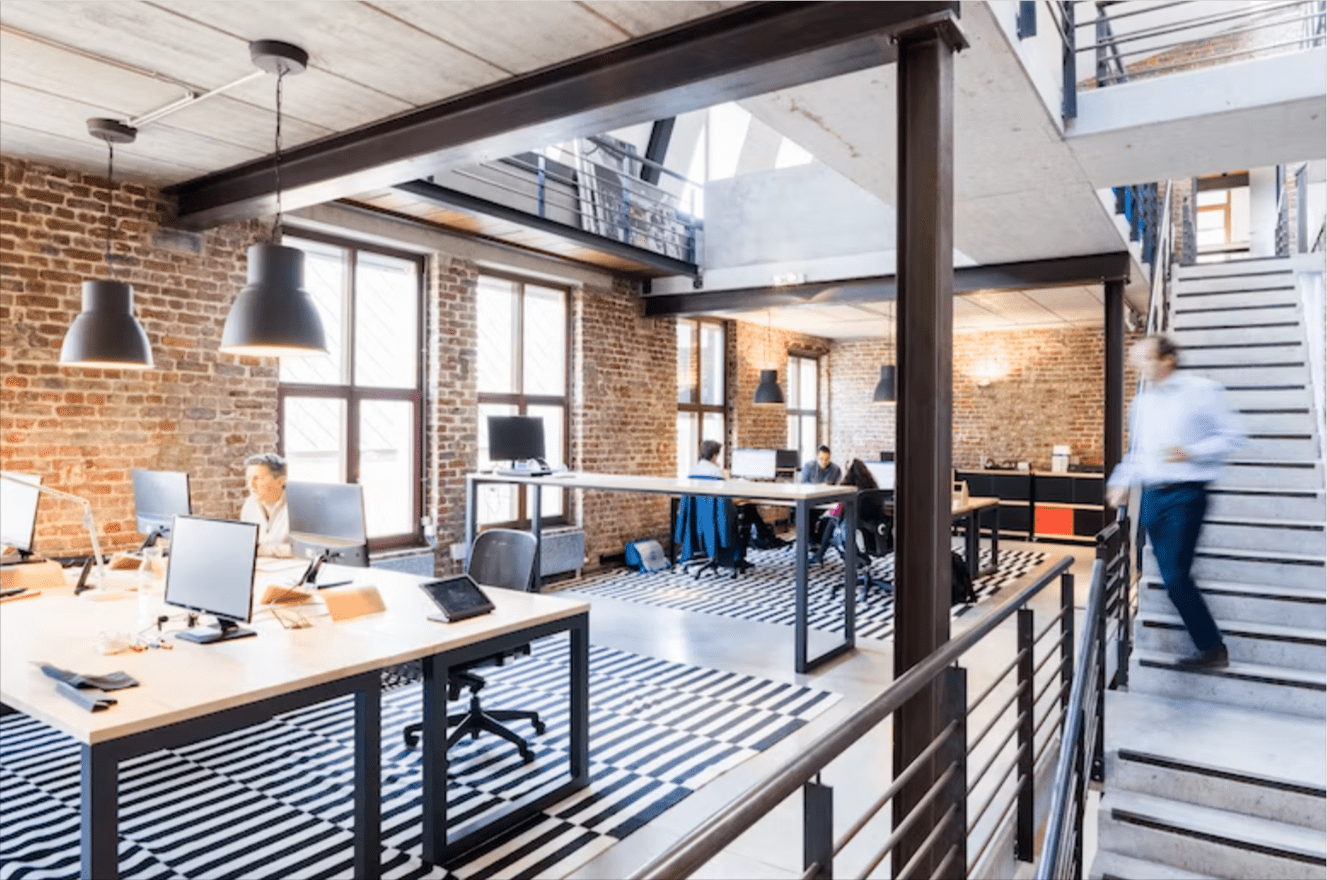
In recent years, a significant shift has occurred in the traditional 9-to-5 office structure, giving rise to flexible workplaces that are reshaping the way we approach and utilise office spaces. This transformation challenges established norms, fostering a more dynamic and adaptable work environment. Let’s explore how the surge in flexible workplaces is revolutionising the office industry and influencing businesses, employees, and the very nature of work itself.
Technological Catalysts: Enabling Remote Collaboration
The advent of advanced communication technologies has played a pivotal role in the rise of flexible workplaces. High-speed internet, cloud computing, and collaboration tools have freed professionals from the constraints of a physical office. Virtual meetings, project management platforms, and file-sharing systems empower teams to collaborate seamlessly across geographical boundaries. This technological infrastructure has significantly reduced the necessity for a centralised, fixed office space, prompting companies to embrace a more distributed and flexible approach.
Beyond the Cubicle: Redefining Physical Workspaces
Flexibility in the workplace extends beyond remote work; it encompasses the physical layout of office spaces as well. The traditional cubicle-filled office is giving way to open floor plans, hot-desking, and collaborative zones. These changes aim to foster a more agile and interactive work culture. Employees are no longer confined to a specific desk; instead, they have the freedom to choose their work environment based on the task at hand. This shift enhances creativity and productivity and reflects a more modern and employee-centric approach.
Even the design of more personal spaces, such as restroom areas, has evolved to accommodate these modern needs, with sleek, privacy-enhancing toilet partitions becoming a common sight. These partitions not only cater to the aesthetic and functional demands of contemporary office designs but also underscore the commitment to providing a comfortable and versatile workplace.
Shared Work Spaces: Collaborative Hubs for Innovation
As flexible workplaces gain momentum, coworking spaces, such as those available to rent at Tradestars, emerge as collaborative hubs fostering innovation and connection. These communal environments allow businesses to optimise resources, offering cost-effective solutions without the burden of long-term leases. Shared workspaces promote synergy among diverse professionals and contribute to a dynamic and vibrant work culture, reflecting the ever-evolving nature of the modern office industry.
Remote Work Revolution: Redefining Work-Life Balance
The rise of flexible workplaces has ushered in a remote work revolution, challenging the traditional concept of work-life balance. Remote work options allow employees to manage their schedules, reducing commuting time and allowing for a better integration of work and personal life. This shift has been particularly impactful, contributing to increased job satisfaction and employee retention.
Economic Efficiency: Optimising Resources
Flexible workplaces offer economic advantages to businesses by optimising resource allocation. With remote work options, companies can reduce overhead costs associated with maintaining large office spaces. This trend has led to the emergence of co-working spaces, which provide flexible office solutions for businesses of all sizes. These shared workspaces promote collaboration among diverse professionals and offer cost-effective alternatives for companies seeking to establish a physical presence without the burden of long-term leases.
Cultural Transformation: Embracing Diversity and Inclusion
The shift towards flexible workplaces is fostering a cultural transformation within organisations. Embracing diverse work styles and accommodating varied needs enables companies to create more inclusive environments. This inclusivity contributes to a positive company culture, attracting a diverse talent pool and fostering innovation through a range of perspectives and experiences.
Conclusion
The evolution of the office industry towards flexible workplaces is a multifaceted transformation driven by technological advancements, changing work dynamics, and a reimagining of traditional office spaces. This shift reflects businesses’ adaptability and highlights the growing importance of employee well-being and satisfaction in the modern workplace. As we navigate this transformative period, embracing flexibility is not just a trend but a strategic imperative for businesses looking to thrive in the evolving landscape of work.



